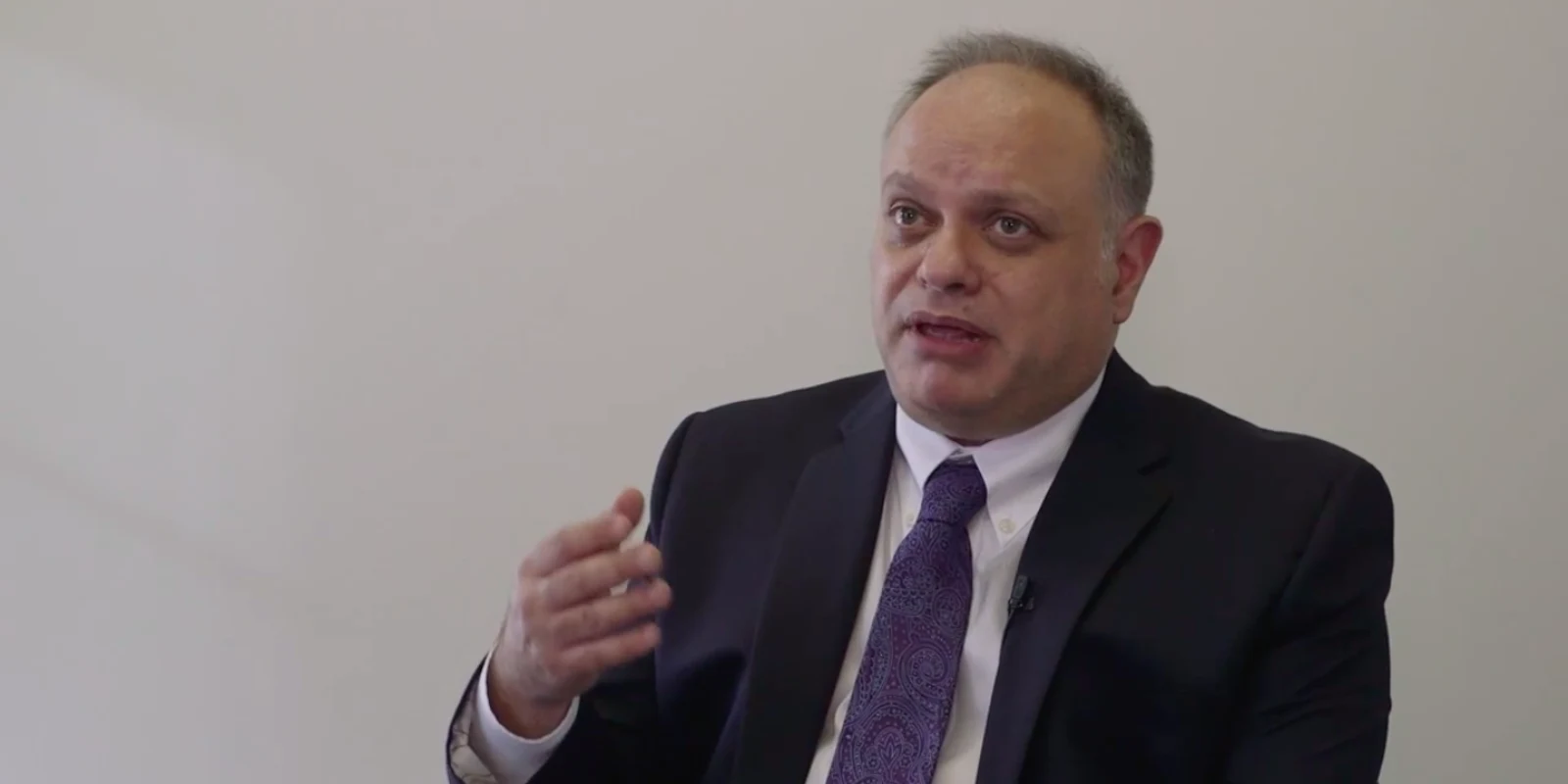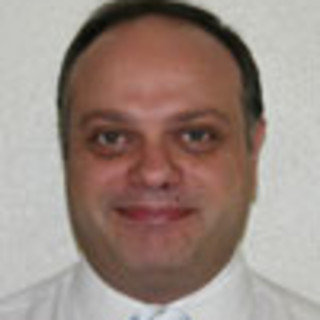
An Interview with Bassel El-Rayes, MD
Head of GI Oncology program at Emory University, Associate Cancer Center Director at Winship Cancer Institute
Dr. Bassel El-Rayes leads the GI Oncology program at Emory University and is an Associate Cancer Center Director at Winship Cancer Institute. He primarily focuses on pancreas cancer and also performs research and clinical work in colon cancer and neuroendocrine tumors. He presented on the latest in pancreatic cancer and “Novel Strategies on the Horizon for Systemic Disease” at ASCO GI 2019. He spoke with Doximity about his work and how the field has changed in light of new therapies. A transcript is below.
Doximity: What are some of the key takeaways from your presentation at ASCO GI?
Bassel El-Rayes: My presentation at the conference focused [on the future] and management of pancreas cancer. The key takeaway points were: where we stand right now, treatment is still heavily based on cytotoxic chemotherapy. We are starting to identify subgroups of patients with pancreas cancer who may benefit from different approaches. For example, patients who have microsatellite instability may benefit from immunotherapy. Patients who have DNA defect repair mechanism may benefit from platinum drugs or PARP inhibitors.
Then, the second part of my talk was focused on what’s coming down the pipeline and what we can expect in the future. Broadly speaking, there are three broad groups of drugs that we are looking at in pancreas cancer. Number one, drugs that modulate the immune system to enhance the ability of the immune system to fight cancer. Number two, drugs that alter the stroma of the tumor microenvironment to enable us to deliver drugs better — or to enable better access for the tumor from the immune system. Number three, drugs that target the tumor itself, benefiting from weak spots in the tumors which are “genetic drivers.” And if we can identify those drivers, we can inhibit them using medications, and alter the course of the disease.
Doximity: Can you comment on how the field has changed since you began your career and how patient care has changed?
Bassel El-Rayes: So, the field has changed a lot. Number one, we have many more active regimens that we can offer patients. Number two, we understand the biology of the disease much better and we are starting to identify subgroups of patients in pancreas cancer that benefit from a different approach. For example, I spoke earlier about microsatellite unstable patients. Number three, we have improved a lot in our ability to image the tumor and our ability to biopsy the tumor. This has enabled us to be more precise about which patients would benefit from surgery versus which patients would really not benefit from surgery.
So those three advancements have been key in moving the field forward in pancreas cancer. I think from a patient point of view, of course, we now have treatments that have better outcomes, and we have treatments that have lesser toxicity, as well. Those two things, I think, have a big impact on patients with this disease (although we still have a long way to go in pancreas cancer).
Doximity: To elaborate on that last point, what are some of the future directions that you are excited about — both in the field and in your own research?
Bassel El-Rayes: In my own research, I am excited about drugs that alter the tumor microenvironment, enabling the immune system to access the tumor and be more effective against the tumor. This is the area of research that I am focused on. In the field, in general, there are a number of other approaches that are very promising.
One of them is targeting the cancer stem cells. These stem cells are believed to be the part of the tumor that is able to regenerate and renew. So, targeting the tumor stem cell seems to be a very promising approach. And third, like I spoke about earlier, drugs that target DNA pathways appear to be very promising in pancreas cancer.
Doximity: What do you see as some of the challenges in new therapies moving forward?
Bassel El-Rayes: In pancreas cancer, there are a number of challenges for immune therapy. Number one, the tumor microenvironment has a lot of inhibitory cells, which block the good immune cells from coming in. Number two, there are very few good immune cells in the neighborhood of the tumor. Number three, there’s a very dense stroma around the tumor, which prevents the immune system access to the cancer cells. Number four, there is a very high level of what we call “cytokines,” which drive the good immune cells away from the cancer. So, we have to have ways to address those aspects of the immune system to be able to get that immune response in pancreas cancer. It is not just simply giving a drug to stimulate the immune system. You have to have a multi-pronged approach wherein you address the tumor microenvironment inhibitory cells, as well as stimulating the immune system to go after the cancer.






